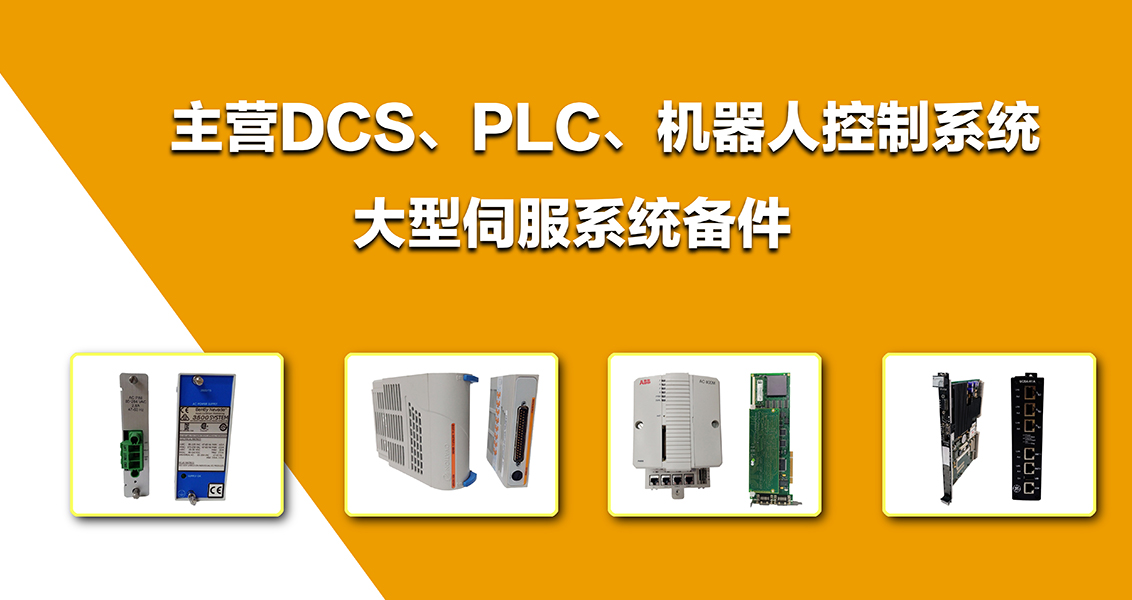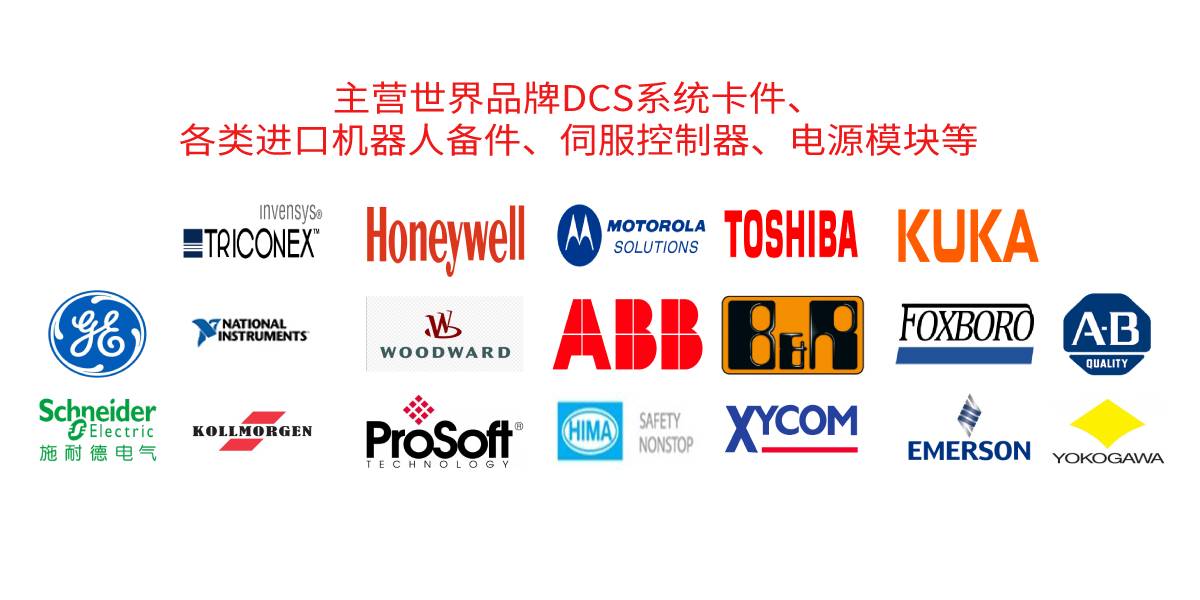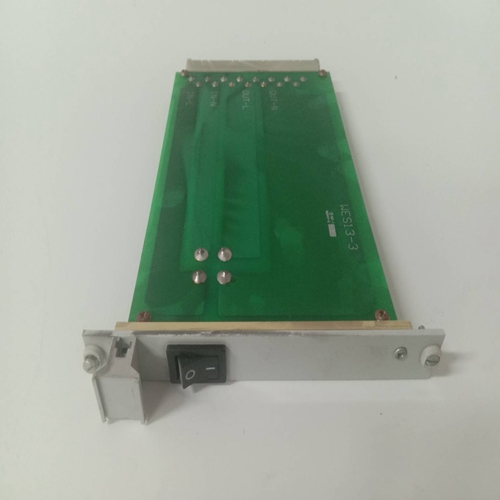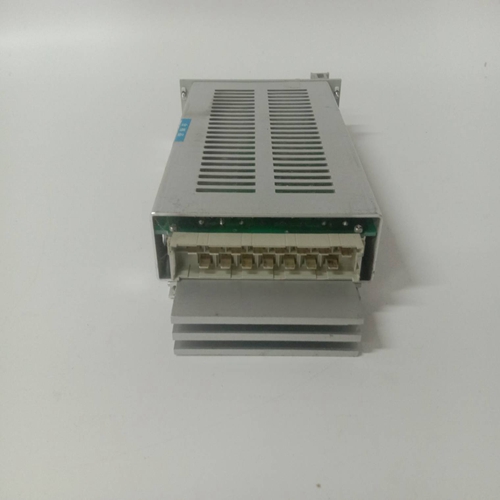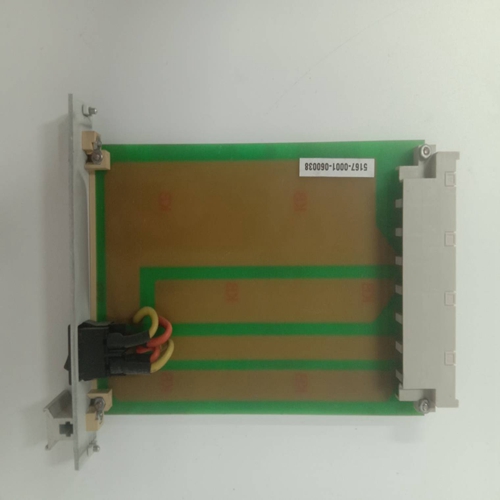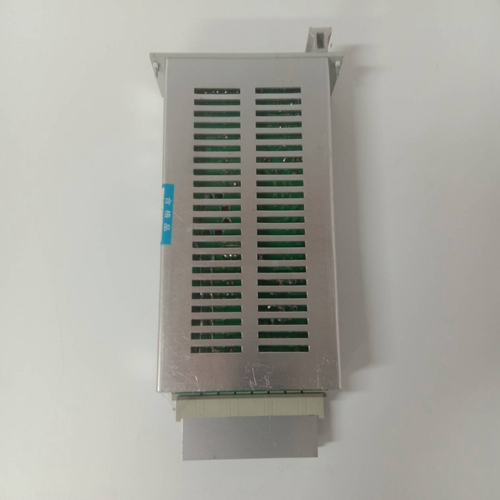主營產品
PLC可編程控制器模塊,DCS卡件,ESD系統卡件,振動監測系統卡件,汽輪機控制系統模塊,燃氣發電機備件等,優勢品牌:Allen Bradley、BentlyNevada、ABB、Emerson Ovation、Honeywell DCS、Rockwell ICS Triplex、FOXBORO、Schneider PLC、GE Fanuc、Motorola、HIMA、TRICONEX、Prosoft等各種進口工業零部件
產品廣泛應用于冶金、石油天然氣、玻璃制造業、鋁業、石油化工、煤礦、造紙印刷、紡織印染、機械、電子制造、汽車制造、塑膠機械、電力、水利、水處理/環保、鍋爐供暖、能源、輸配電等等
WES5302數字量輸入卡
斷路器就緒信號:“CB就緒”和“CO就緒”(“CB2就緒”和“CO就緒2”)
參數“CO就緒”和“CB就緒”(或“CO”)的I/P雙工方案中的“準備就緒2”和“CB2準備就緒”)必須連接到斷路器,以便發出信號表明它們準備執行完整的重合閘循環。如果如果未使用I/P,則必須將其設置為“真”。激活的“CB就緒”信號通知自動重合閘功能允許重合閘(即有足夠的能量用于完全打開/關閉/打開循環)。
一旦重合閘循環開始,該信號將被忽略(因為在空氣沖擊的重合閘循環期間壓力變化斷路器)。
該信號的復位在內部延遲100ms。
“CO就緒”信號(可執行關閉-打開循環)為僅在重合閘循環期間有效,即在死區時間期間有效。
如果沒有足夠的能量打開斷路器關閉后,關閉信號再次被禁用,并出現“Def”。
生成跳閘(最終跳閘)。
該I/P僅與斷路器一起使用,斷路器提供相應的信息(C-O查詢),例如具有兩個開關能量的彈簧充電和空氣沖擊斷路器水平。斷路器斷開“CB斷開”(“CB2斷開”)
還必須包括斷路器的初始狀態,以防止斷路器接收到閉合信號,這是故障發生前已打開。
二進制I/P“CB open”(雙工方案中的“CB2 open”)為從而提供用于確定斷路器的初始狀態。
這些信號的拾取延遲100ms,以防止快速斷路器的意外阻塞。
“啟動”信號之前已經打開的斷路器
自動重合閘功能未關閉接收到的(“邏輯“1”處的斷路器打開”)。
如果斷路器不提供必要的信息(“斷路器斷開”信號),則I/P必須永久設置為“關閉”(“F”或“False”)。假設方案也不是雙工的方案(即只有一個CB),二進制i/P“CB2打開”也必須永久設置為“on”(“T”或“True”)。因此,這些是“CB open”的默認設置“CB2開放”。
然后,自動重合閘功能可以在沒有“斷路器斷開”信號和無多余閉合的情況下使用單個斷路器運行為不存在的CB2生成信號。
Circuit-breaker ready signals: ‘CB ready’ and ‘CO Ready’
(‘CB2 ready’ and ‘CO Ready 2’)
The I/P’s for the parameters ‘CO Ready’ and ‘CB ready’ (or ‘CO
Ready 2’ and ‘CB2 ready’ in a duplex scheme) must be connected to the circuit-breakers in order to signal that they are
ready to perform a complete reclosure cycle. In cases where one
of the I/P’s is not used, it must be set to ‘TRUE’.
An active ‘CB ready’ signal informs the auto-reclosure function
that reclosure is permissible (i.e. sufficient energy is available for
a full open/close/open cycle).
Once a reclosure cycle has started, this signal is ignored (because the pressure varies during a reclosure cycle of an air-blast
breaker).
Resetting of this signal is internally delayed by 100 ms.
The ‘CO Ready’ signal (close-open cycle can be carried out) is
only effective during a reclosure cycle, i.e. during the dead time.
Should there be insufficient energy to open the circuit-breaker
again following closure, the close signal is disabled and a ‘Def.
Trip’ (definitive trip) is generated.
This I/P is only used in conjunction with circuit-breakers, which
provide the corresponding information (C-O query), e.g. springcharged and air-blast circuit-breakers with two switching energy
levels.Circuit-breaker open ‘CB open’ (‘CB2 open’)
It is also necessary to include the initial status of the circuitbreakers to prevent one from receiving a close signal, which was
already open before the fault occurred.
The binary I/P ‘CB open’ (and ‘CB2 open’ in a duplex scheme) is
thus provided to determine the initial status of a circuit-breaker.
The pick-up of these signals is delayed by 100 ms to prevent any
unwanted blocking of fast circuit-breakers.
A circuit-breaker which was already open before the ‘Start’ signal
was received (‘CB open’ at logical ‘1’) is not closed by the autoreclosure function.
Where a circuit-breaker does not provide the necessary information (‘CB open’ signal), the I/P must be permanently set to
‘off’ (‘F’ or ‘False’). Providing the scheme is also not a duplex
scheme (i.e. only one CB), the binary I/P ‘CB2 open’ must also
be permanently set to ‘on’ (‘T’ or ‘True’).
Accordingly, these are the default settings for ‘CB open’ and
‘CB2 open’.
The auto-reclosure function can then operate with a single circuit-breaker without a ‘CB open’ signal and no superfluous close
signal is generated for the non-existing CB2.




